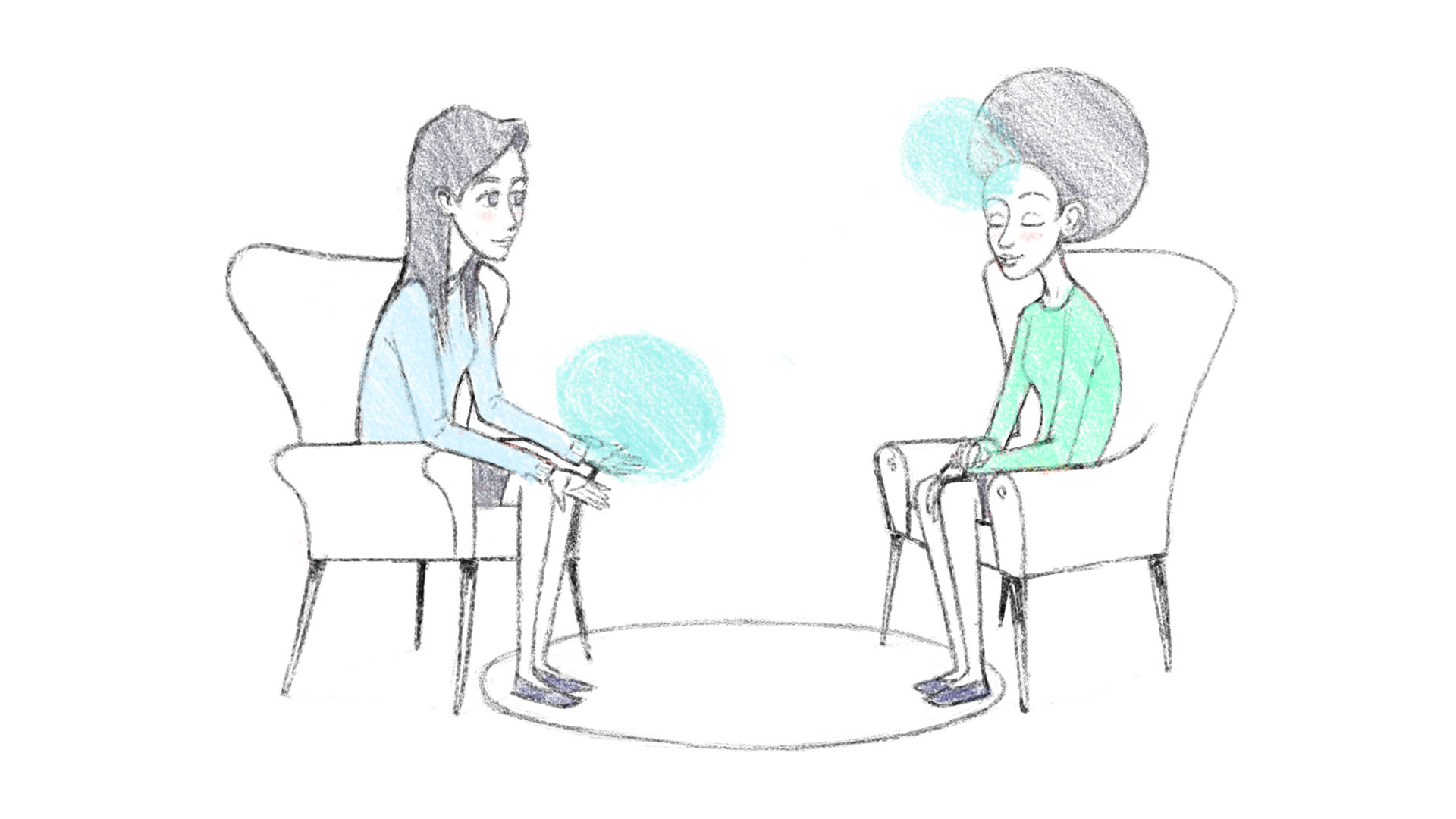It’s not uncommon for people to seek immediate solutions to their problems. This mindset often extends to therapy, where individuals hope to find quick fixes for their long-standing issues. However, therapy is not a magic wand that instantly makes everything better. Instead, it’s a process—one that requires time, commitment, and a willingness to delve deep into one’s experiences and emotions.
Marina, a qualified therapist, often emphasizes to her clients that the real work of therapy begins around the second session. The first session is usually about introductions, understanding the basics of the client’s situation, and setting the stage for future work. Building a therapeutic relationship, which is the cornerstone of effective therapy, takes time. You wouldn’t disclose your deepest fears and most private thoughts to a stranger in a 50-minute session, and the same applies to therapy.
Understanding the Therapeutic Process
Therapy is a space for clients to reflect on their lives, express their feelings, and explore their thoughts in a safe and supportive environment. This reflective process allows clients to gain insights into their behaviours, patterns, and underlying issues. It’s not just about finding coping strategies, but about understanding oneself on a deeper level.
One of the most important aspects of therapy is the therapeutic relationship between the client and the therapist. Trust and rapport don’t develop overnight. It’s a gradual process that requires patience and openness from both parties. As clients become more comfortable with their therapist, they can start to explore more complex and sensitive issues, which can lead to profound and lasting change.
The Commitment to Therapy
Before starting therapy, it’s crucial to understand that it’s a commitment. Progress may not be immediate, and the journey can sometimes be challenging. Clients might face uncomfortable truths or revisit painful memories, but it’s through this process that healing and growth occur. It’s essential to set realistic expectations and recognize that meaningful change takes time.
Therapy is not just about addressing symptoms or finding quick fixes. It’s about understanding the root causes of issues and developing a deeper awareness of oneself. This self-awareness can lead to more effective coping strategies and a greater ability to handle life’s challenges.
The Role of the Therapist
A therapist’s role is not to provide answers or solutions but to guide clients on their journey of self-discovery. They offer support, empathy, and a non-judgmental space for clients to explore their thoughts and feelings. Through this process, clients can gain new perspectives and develop healthier ways of thinking and behaving.
Marina believes that the therapy process truly starts to unfold from the second session onward. This is when clients begin to feel more comfortable and start to open up about their deeper concerns. It’s a time when the therapeutic relationship begins to strengthen, and the real work of therapy can begin.
Therapy is a powerful tool for personal growth and healing, but it’s important to approach it with the right mindset. It’s not a quick fix, but a journey that requires time, effort, and commitment. By understanding this and being patient with the process, clients can experience profound and lasting change.
If you’re considering therapy, remember that it’s okay to take things one step at a time. Building a relationship with your therapist and exploring your inner world is a process that unfolds gradually. Embrace the journey, and you may find that the changes you experience are more meaningful and enduring than any quick fix could ever be.

